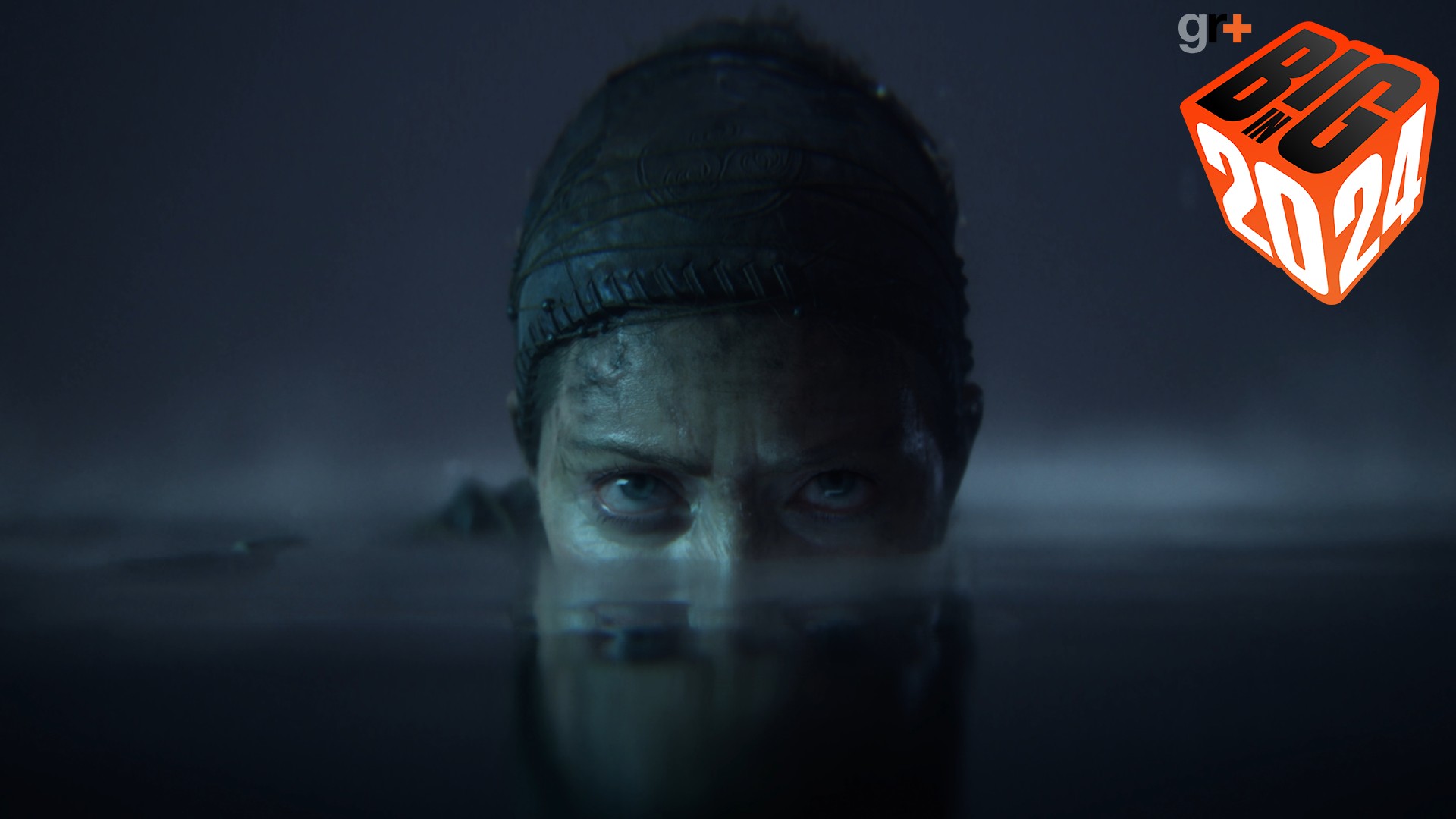
"You are not a lie, but you are a liar." Blood-spattered and defiant in the face of her own demons, Senua speaks these words as she conquers her darkness to find self-acceptance at the end of Hellblade: Senua's Sacrifice. But if the first game is a harrowing metaphor for grief, shame, and internal reconciliation, Senua's Saga: Hellblade 2 looks to bring the battle to the outside world in what could end up being the most important portrayal of mental health I've ever seen attempted in a horror game.
For starters, she's no longer sacrificing herself. Hellblade 2 is Senua's Saga, and as she arrives in Iceland to confront the Viking marauders who enslaved her Pict brothers and sisters, she weaponizes the psychosis she once considered a curse. She meets "new enemies and new allies, who come to see her unique perspective as a beacon of hope," says Ninja Theory scriptwriter Lara Derham in a recent Xbox Developer Direct, and as it turns out, "this perspective can have its advantages."
I didn't know how much I needed to see Senua become an empowered horror protagonist, no longer shackled by her own self-loathing. With a refined new combat system to match her newfound edge, Hellblade 2 feels like an important depiction of how perceived weakness can become a great strength when it comes to mental health, heroism, and horror.
Stronger than yesterday
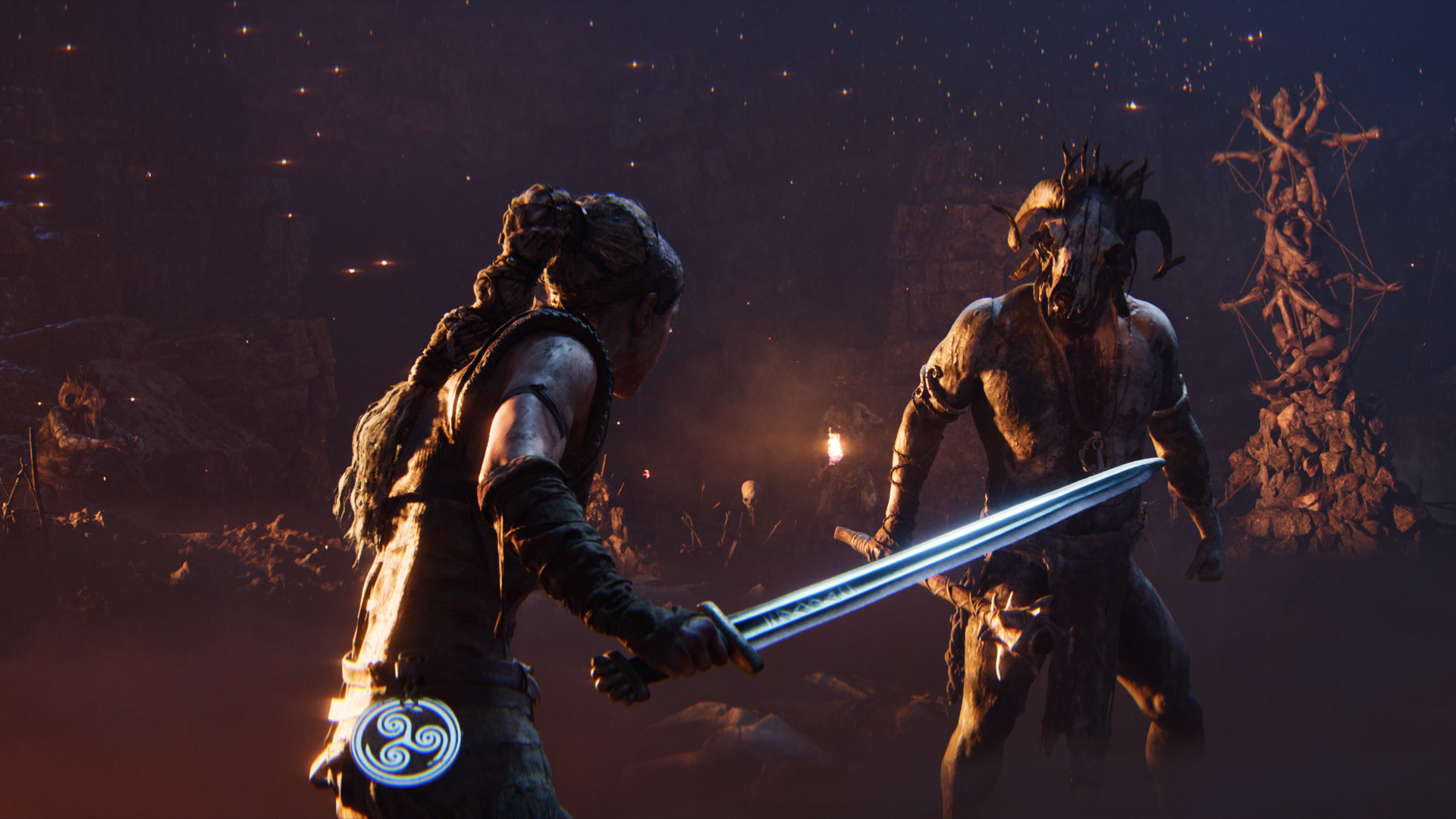
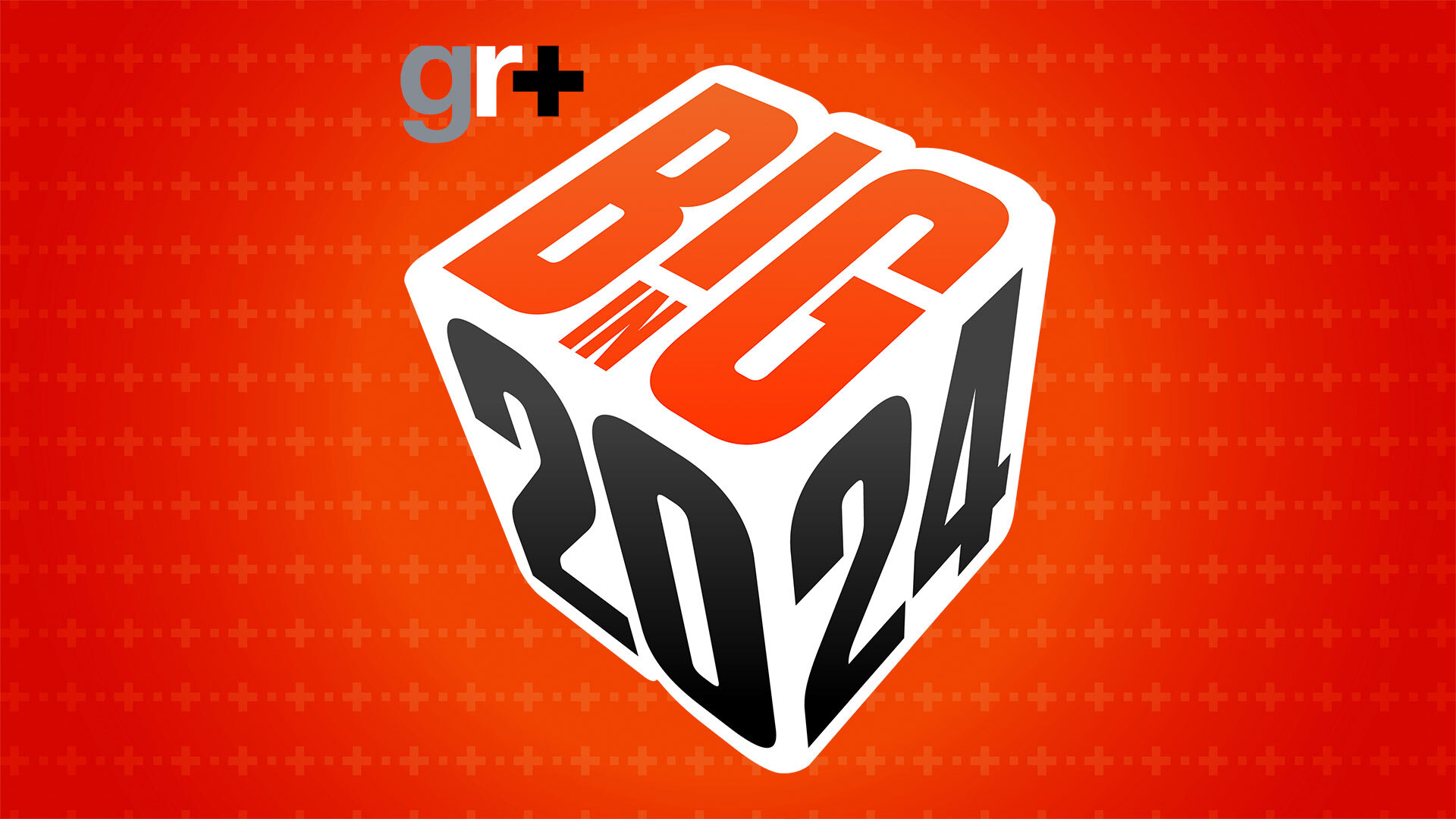
GamesRadar+ is exploring the most anticipated video games of the year with Big in 2024, with new articles dropping every day throughout January.
It would have been easy to leave things be. The bleak yet hopeful final moments of 2017's Hellblade make a powerful enough point, underlining the struggle that often punctuates the lives of those with poor mental health. I'm glad that Hellblade 2 exists, though, and how it shows that fight as an ongoing one.
The voices in Senua's head, known as the Furies, are still with her in the sequel. They form the crux of how Senua interacts with the world to draw meaning from it, so we can expect the original Hellblade's puzzle-centric gameplay to return when Hellblade 2 launches on May 21. "Players will find themselves traversing beautiful and hostile environments, " says VFX director Mark Slater-Tunstill, "Seeking answers from patterns and signs that Senua sees in her own unique way." The Furies are no longer scary to Senua; they are her companions.
When she's not solving puzzles using runes and sigils, Senua will be drawing her sword to engage in combat with a number of horrible enemies. Ninja Theory's mission in Hellblade 2 was to diversify the combat experience, pushing itself to "make this fight feel different to the previous fight" throughout its compact 8-hour average runtime.
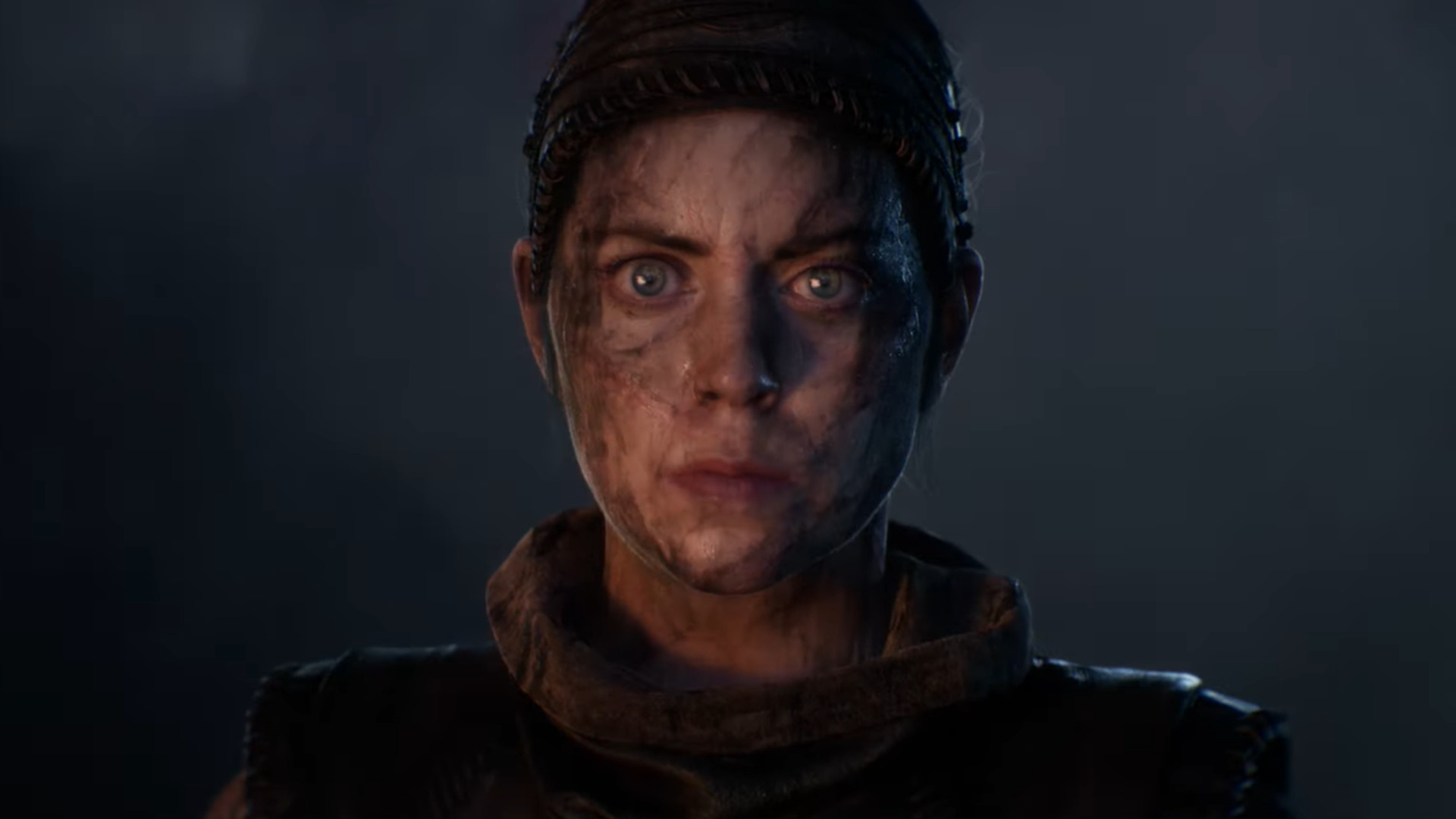
The combat sequences spliced in between the freeform exploratory segments have been refined, thanks to the developer implementing a more varied fighting system that hopefully offsets some of the clunk and awkwardness I recall from the first game.
I'm looking forward to some variety in this sword-based melee combat, building on what we experienced in Hellblade 1. Whether that's through a tweaked moveset, different enemy types, or the weapons Senua has at her disposal, I just want to see her become the badass action-horror heroine I know she can be. Still, it's important to remember that Senua is just a mortal woman. "Senua isn't a superhero," Slater-Tunstill says. "She's fighting for survival, and we want the player to feel her struggle."
Her new environs in 10th century Iceland seem well-stocked with struggles aplenty, from the desolate beauty of its craggy shorelines and frosty terrain, to the revenant-like Draugrs haunting them. It all points to a new beginning for Senua as she strikes out against the malevolent forces that exist outside her head for a change, but Hellblade 2 doesn't seem any less dark and petrifying for it.
The evil without
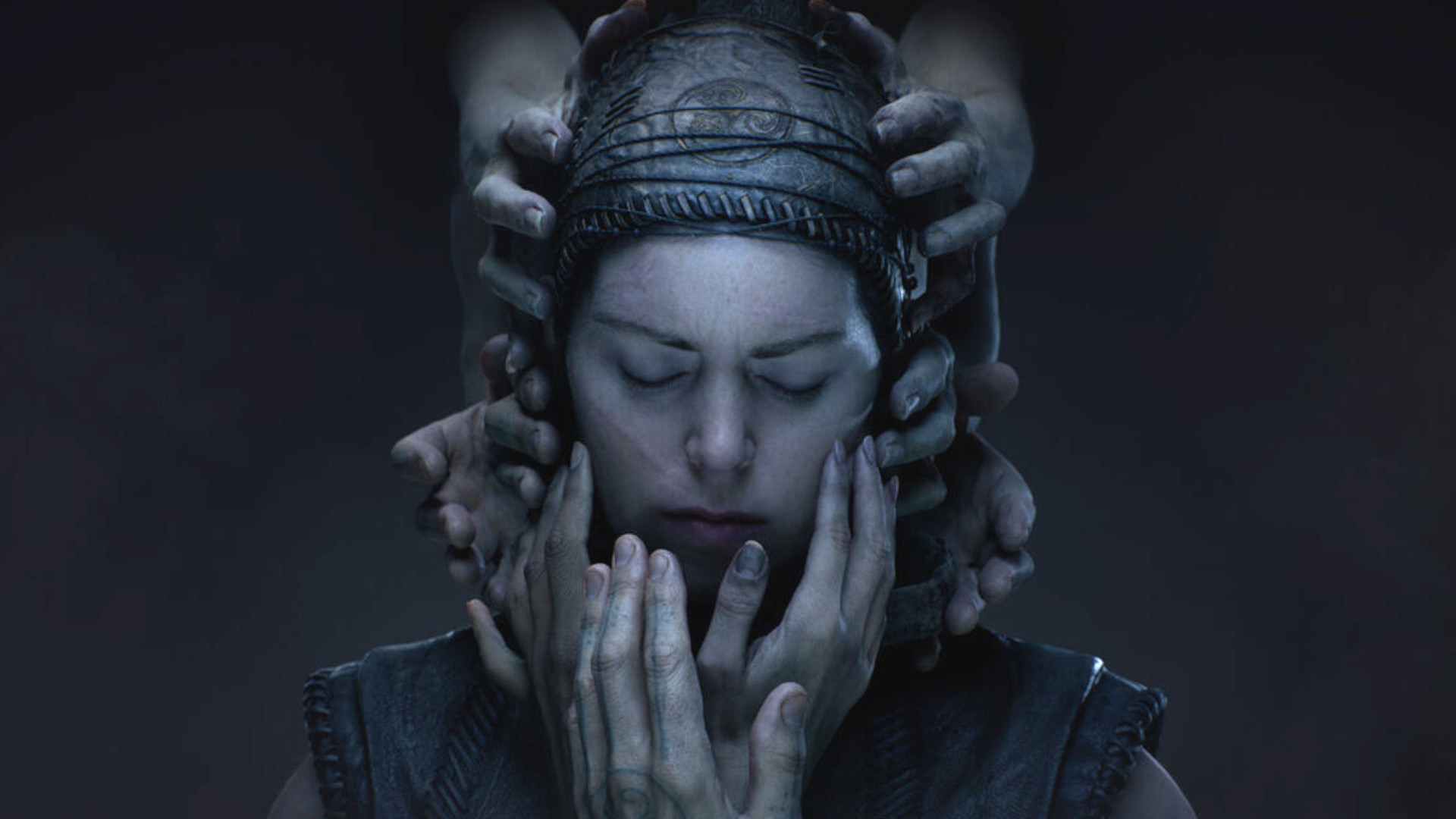
Hellblade 2 is a different kind of horror game, and Senua is a different kind of horror game protagonist. The terrors of the first Hellblade are borne of its painful, unflinching representation of one woman's battle against her own mind. The world is made terrifying because Senua is terrified of who she is, but in Hellblade 2, she uses that troubled mind to her advantage. She's "made peace with her past", and in doing so, Ninja Theory "hopes to deliver something really meaningful" to its players.
Senua's psychosis is no longer a source of anguish in Hellblade 2, but a functional part of who she is. It's a relief to see Ninja Theory continuing to treat themes of mental illness with due diligence and respect. In the Xbox Developer Direct presentation, the team explains how they worked with a Cambridge University professor as well as people with lived experiences of psychosis in order to portray the condition with as much sensitivity as possible.
I just want to see Senua become the badass action-horror heroine I know she can be.
This is a bag that many studios have fumbled in the past, especially when it comes to mental illness in horror games. Play up to the psychological horror tropes of it all, and you risk a game that vilifies being mentally unwell; downplay the illness too much, and it can come across as performative.
Hellblade has managed to avoid such trappings so far, presenting Senua as a strong yet flawed heroine with way more mental fortitude than she gives herself credit for. Whether her foes in Iceland are real or imagined, I hope Hellblade 2 crystallizes Senua's growth from scared victim to defiant warrior – not in spite of her mental illness, but because of it.
Senua's Saga: Hellblade 2 is launching on PC and Xbox Series X on March 21, 2024. Here's more of what to expect from Xbox in 2024, including a look at the best exclusives coming soon to Microsoft's flagship console.







